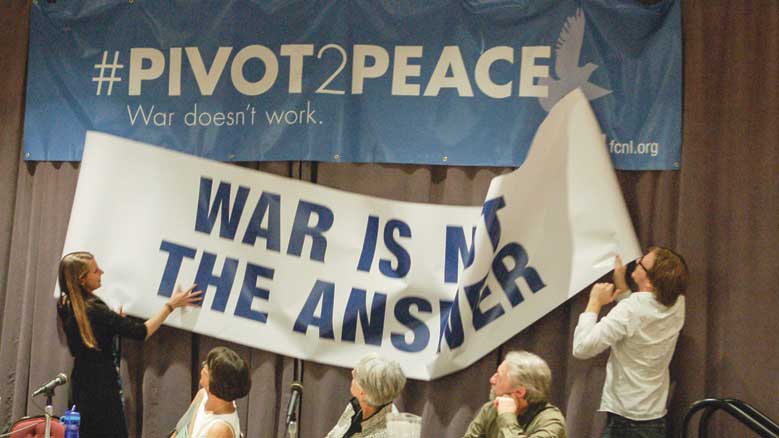
There’s something about stories that connects us. The emotional pull of this resonance is something that has always intrigued me: the idea that somebody’s story could really make me feel something, and feeling something could change the way I see things. I wondered whether seeing something in a different way could change how I interact with the world around me.
I always appreciated the power of storytelling, but had never recognized the connection between stories and politics, and I certainly never thought I’d get involved in the political system. (I spent a long time wanting nothing to do with it; in fact, I was ashamed to be attached at all to the word American.) As it turns out, communicating my needs as a citizen of my district, of my state, nation, and planet, has everything to do with storytelling, and it just so happens that it’s also the best way to be heard. I want to live in a world that values peace, integrity, equality, community, simplicity, and stewardship, so I want to be heard.
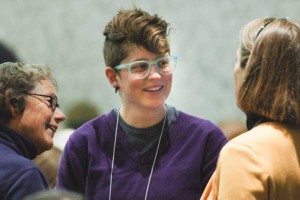
It wasn’t until I was 24 that I finally heeded the tug of a mentor and “Quaker mom” at my meeting and agreed to attend a conference in Washington, D.C., on lobbying and political action. The event was held by Friends Committee on National Legislation (FCNL), a Quaker lobby in the public interest. I was absolutely skeptical. I held every expectation of feeling overwhelmed, frustrated, and disappointed in our government. Within a few days, FCNL sneakily transformed me into a hopeful lobbyist. I entered my representative’s office on Capitol Hill alone, prepared, centered, and, I believe, effective.
I left D.C. inspired, and surprised that I could feel so significant as one person and as one part of the story. During Spring Lobby Weekend, I had lobbied on ending the Authorization for Use of Military Force (AUMF)—the 2001 law that allowed the United States to invade several countries in the Middle East as part of the War on Terror—an issue on which I certainly did not feel like an expert. But I knew with my whole spirit that this was something that needed to be addressed in Congress. I was impressed by the smooth organization of that conference, and by how calm and prepared I felt in my new lobbying shoes.
As I returned to D.C. for the 2015 Spring Lobby Weekend, I felt empowered to be surrounded by 400 other people meeting with their representatives to collectively call for congressional action on climate change. There’s something dreamlike about the idea of an earth restored (one part of FCNL’s vision for the world). It’s a cloudy, hopeful image but weighted by the uncertainty of reality. Is it possible? FCNL constantly encouraged us to find our own stories, and I reflected on a longer version of my own.
The day I was born, the Hubble telescope was deployed in space, giving Earth a new and vastly increased understanding of our place in the universe. Over the next decade or so—growing up in a small world of Quaker values and a contrasting big world of endless war, consumer culture, and rampant capitalism—I found it easy to quietly protest what I saw as social injustice, while distancing myself from what I considered disgraceful American politics.
As a child, I attended Journey’s End Farm Camp at a Quaker family farm in the Pennsylvania Poconos where I learned how to care about creatures, and I could see a direct connection between me and my food. I started wondering what my place was in the world.
As a teenager, I decided that if I wanted to make a positive impact, I had to pick one cause—something that I felt really affected everyone and that could also empower me. Those were the days before “climate change” made it into my everyday vocabulary, and I ended up choosing the environment as my cause to support. Someone told me if I wanted to call myself an environmentalist I had to stop eating meat, and I did. I encouraged my family to do the little things we could all do: recycling, conserving electricity and water, and renouncing over-packaged products like bottled water.
After I graduated college, I returned as a counselor to the same summer camp that helped shape how I see the world. That year, the summer followed a particularly warm winter, and every pest—everything that can make camp not fun—was magnified. Poison ivy crept denser and closer to the cabins; mosquitoes were rampant; and more than anything else, the ticks were like something we’d never seen. We did tick checks every morning, afternoon, and evening. During one of them, I found four ticks on one leg. There was a day we picked 40 ticks off of a camper’s knee. Lyme disease became a very rational fear, and three people from camp were diagnosed with it that summer.
I realize now that these are the stories my senator needs to hear, because we need more than little lifestyle changes: we need a system of sustainability. People in Pennsylvania are affected by climate change; warmer winters could mean the spread of diseases that our medical system is not prepared to handle, not to mention the effects of increased frequency and severity of extreme weather events. There are countless heartbreaking stories we can tell, and they should be supplemented with hopeful stories: how communities are thriving with local and urban farms, and boosting their own economies with sustainable energy. Our senators and representatives want to support us, and we need to support them. We can do that by showing up and sharing what we know.
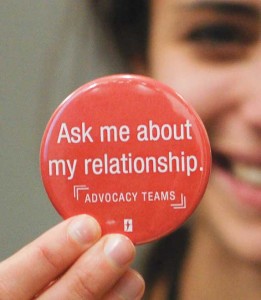
Since that first lobby visit, my relationship with FCNL has grown into various positions: a member of the General Committee, the governing body of FCNL; a liaison for Philadelphia Yearly Meeting’s FCNL Network; and an organizer with FCNL’s Advocacy Corps. This year I am organizing in Philadelphia to bring citizens to meet their members of Congress and share their own stories to inspire political change for climate action. I’m still not an expert on U.S. politics or climate change, but I know that this is the issue of my generation, and I feel the weight of a changing world on my shoulders. I’ve realized that as important as it is for me to “let my life speak” through my own daily choices, it is the responsibility of our government to facilitate a system that supports people and their communities, with accountability for the future of the community.
It’s hard to comprehend how our system really works. It’s tempting to step back from what we see as the middle of it all—the slow, messy tangle of politicians playing a complicated game—but if we can look at the system as a web connected by stories, change really is possible. The truth is, the staffers in your congressional representative’s office are humans with stories of their own. They have families, fears, hopes, and histories just like us, and we have an opportunity and a privilege to see them, hear them, and connect with them.
The experience of meeting my representative was a powerful reminder of a politician’s job description: they represent us. How can they do that if they don’t hear our concerns and feel our support? Never before had I seen our relationship as interdependent. Now I’ve heard this message on several lobby visits with different members of Congress: “We want to hear from you.” And I believe them.
We are a web, a system, and a team. What I take away from my experiences with FCNL is a feeling of empowerment, and a new desire to be proud of the country I call home. It helped me to think of this place as a family: I didn’t choose this system, and I own my embarrassment of historical injustices. It’s my choice, however, to support it beyond its failures and to uphold its values, and it’s my right to ask for support in return. I will also own my hopes for a future of justice and an earth restored. I am proud to meet with my members of Congress, and I will continue to specifically call on Senator Pat Toomey to engage in a bipartisan conversation about the reality of climate change, and to support Senator Bob Casey to build on his efforts for a sustainable future.
What I intend to present now is a new confidence in my voice as a citizen, and to act on my responsibility to that role. I am inspired by the people who work within and with the system: the congressional staffers I’ve met, the activists, and the people who continue to share their stories.
I encourage anyone and everyone to take part in the process in whatever way you can, whether that’s committing to a lifestyle that reflects your values, meeting with your representatives and senators, or purposely engaging in conversations about climate action. I’m so grateful I learned to value my significance as one part of this story; now I can’t wait to see what happens when members of communities come together to bring their voices to our elected leaders, so they can move forward with the support of their constituents.
We are in this together, and through human connection we will recognize our common needs as residents of the same planet. Maybe seeing our communities, nation, political system, and earth as interconnected parts will help us see the urgent value in an earth restored. And maybe your story could be the beginning of a conversation that will change the world.


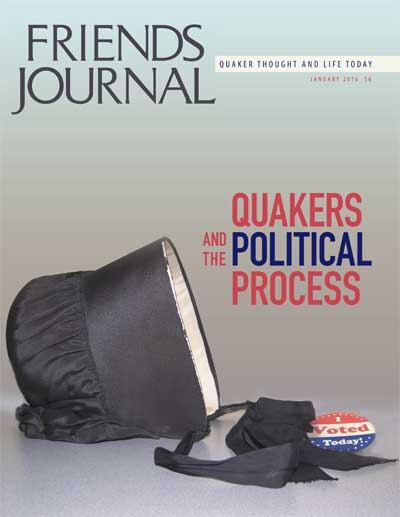
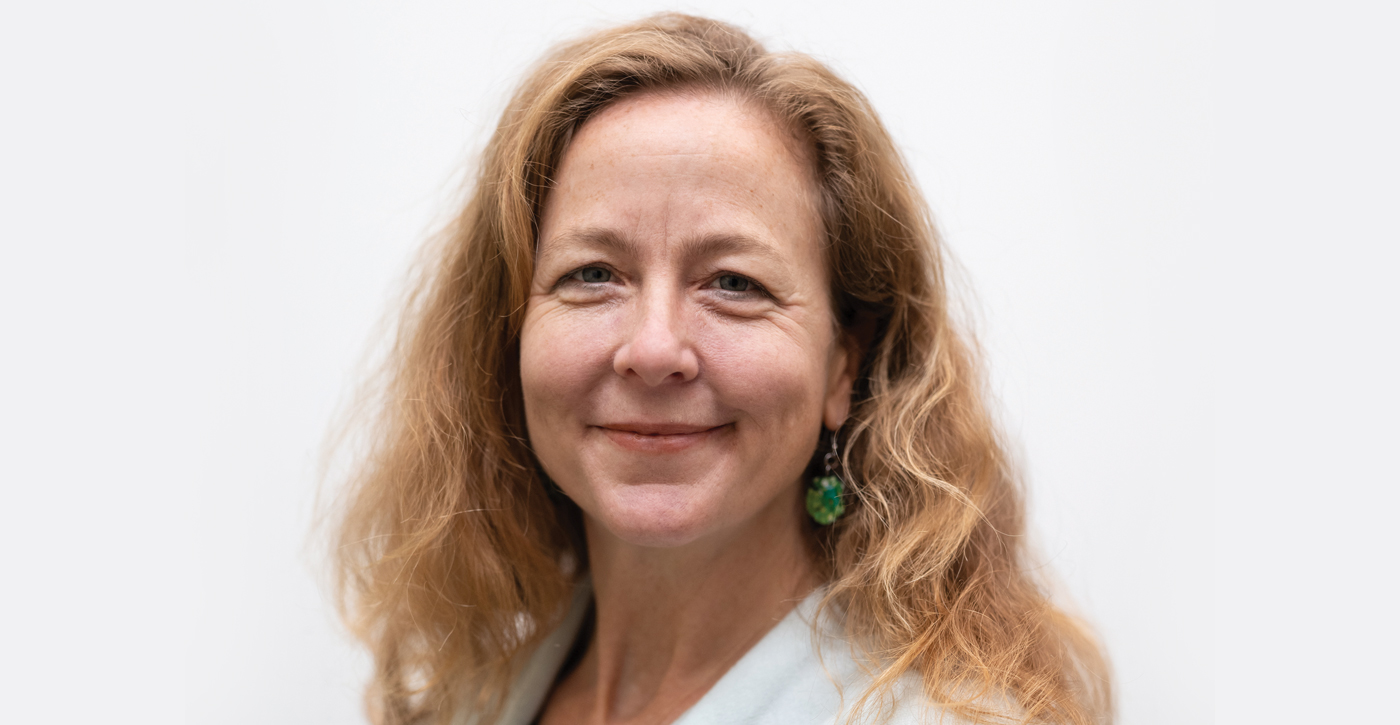
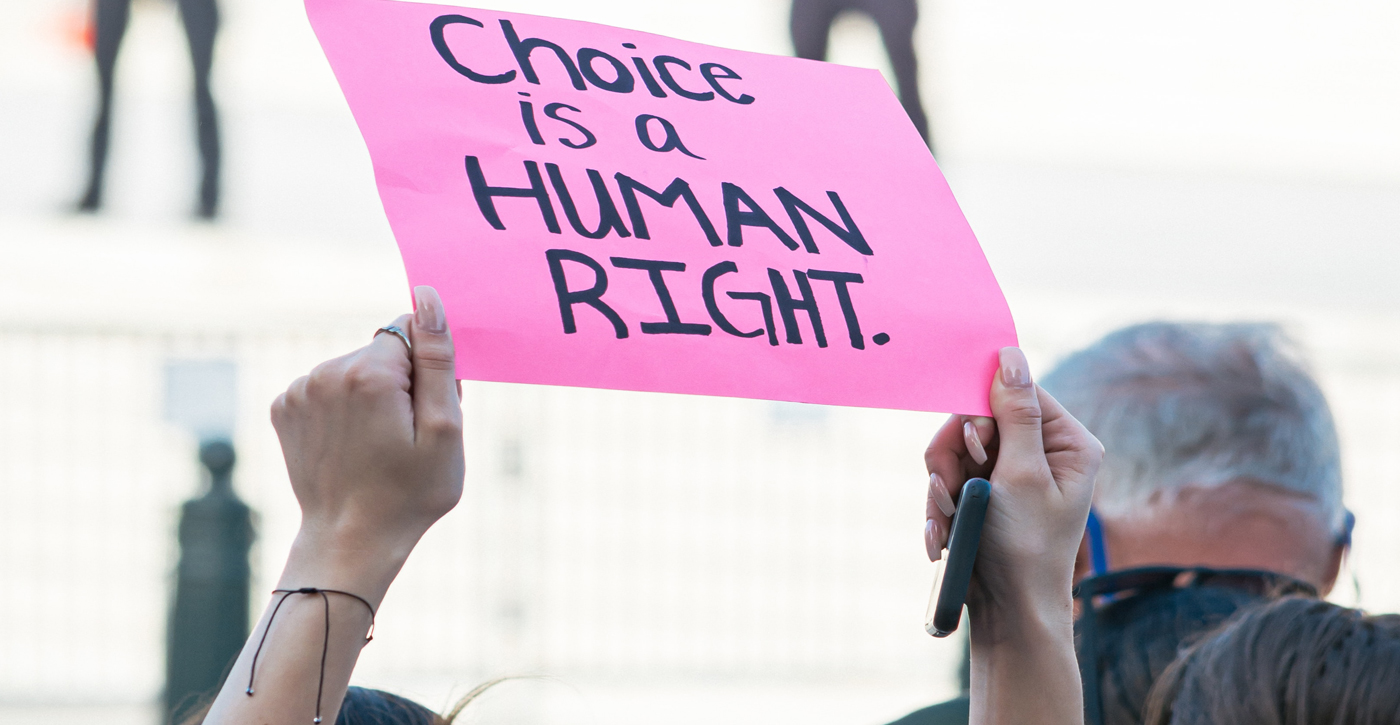
Comments on Friendsjournal.org may be used in the Forum of the print magazine and may be edited for length and clarity.